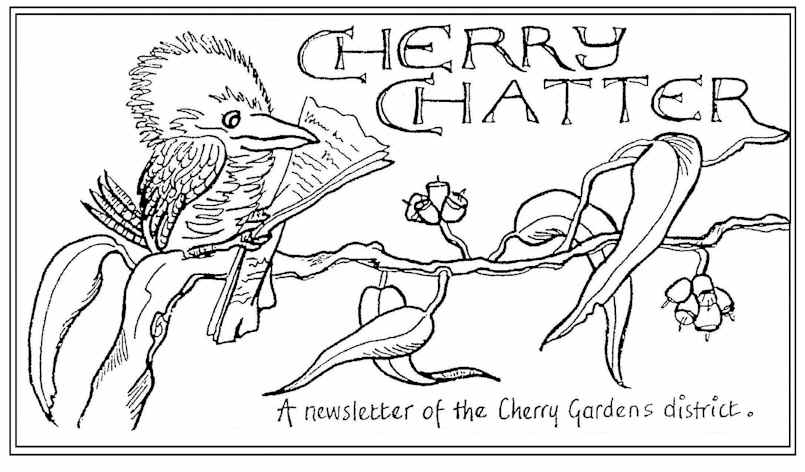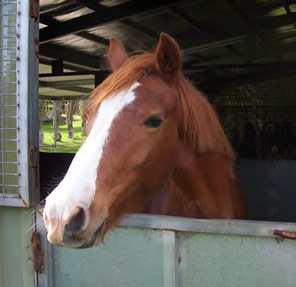Over the stable door
Greetings Fellow Equines and Horse Owners!
The most recent news on the weather is that we are looking at a drier and warmer winter, even coming into spring. Not good news for the farmers and hence maybe not good news for those of you buying in feed. Ensuring that your horse is well covered at this time of year will help to carry him (her) through the colder months and into spring. As you will have recognised, every horse is different and some will put on weight just looking at food (yours truly), while others will struggle to keep that condition on.
The older equine is particularly vulnerable at this time of year, so if you are hard feeding, then rations may need to be upped. Shopping around and talking with fellow horse owners and your feed supplier can help provide the right kind of feed for your horse. If the horse is new to you, then good quality bulk hay is your safest option to help keep up condition. Even with a keen eater like myself whose intake needs to be monitored, your horse still needs little and often. Because a horse continually secretes gastric juices even when he is not eating, restricting his intake too drastically can run the risk of colic or ulcers. Generally, when left to graze naturally, a horse will not stop eating for more than 3 hours (take time out to observe if you can, it could be very interesting). So feeding your equine only twice a day can be risky, one because of the risk of colic etc and also because he will start to forage around and eat anything that looks green, which is not always the best choice for him. This in turn degrades his grazing area and increasing the chances of ingesting soil or sand (also a colic risk), not to mention boredom. Eating hay also generates heat in the horse’s body, helping to keep him warm.
Horses have evolved over the millennia to be grazing animals, and will spend maybe 18-20 or more hours a day just browsing and eating. When this is not possible as well as the obvious side effects just mentioned, there is the mental side. When his head is down and eating, he is relaxed. When there is no longer any feed available, he may be hardwired to fence walk, chew the fences (crib biting), weave, or try to get into the adjoining area which has more feed. All of these things can be detrimental to your horse’s well-being, both in a soundness sense and mentally. Plenty to think about here and take in. On that note I leave you to digest these thoughts! So far I am still keeping my weight under control – balanced feed and regular exercise keeps me ticking over!
Safe riding and safe eating everyone.

